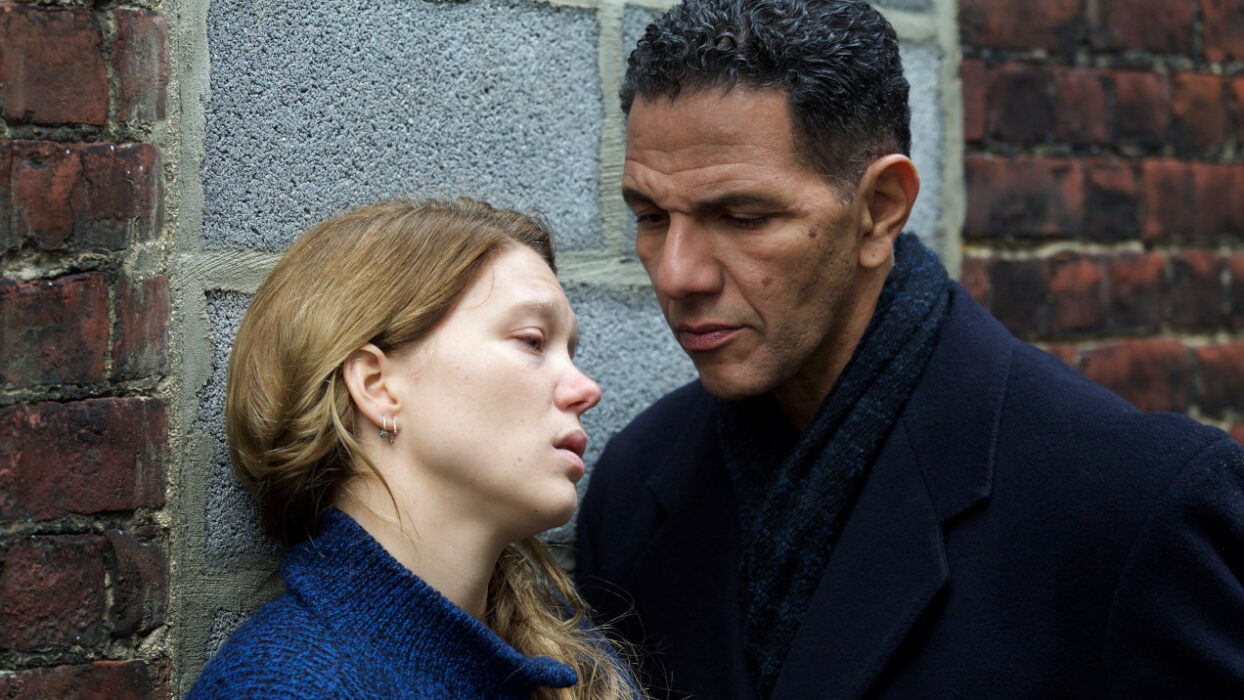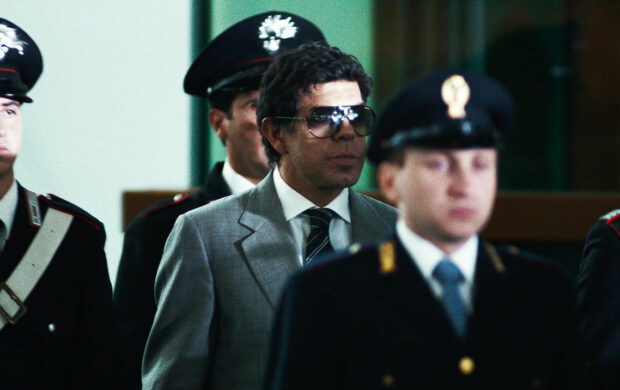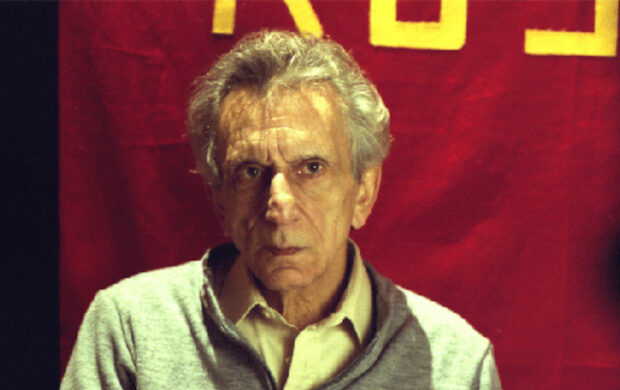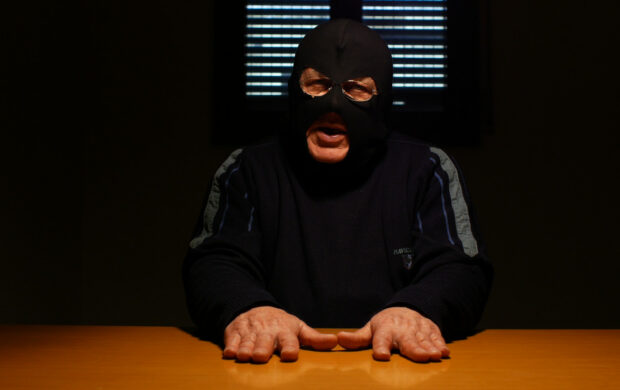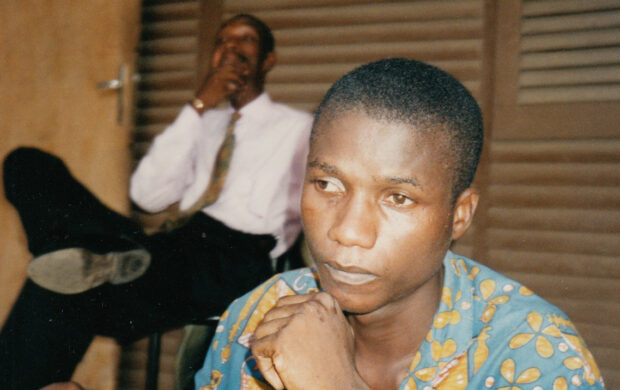Roubaix, une lumière
Oh mercy!
- 2019
- France
- 119 min
- French
Roubaix, one Christmas night. Commissioner Daoud is driving around the town where he grew up. Routine work: burnt-out cars and altercations. At the police station, rookie officer Louis Coterelle has just arrived. Daoud and Louis are faced with the murder of an elderly woman. Two young women, Claude and Marie are interrogated.
“One evening, returning after a day of mixing, I turn on the TV and zap as I usually do, reminisces Arnaud Desplechin. A headline appears: Roubaix, central police station… and the world stops. I say to myself: that’s for me!” And this film, in which two residents of a small courtyard first appear to us as victims, gradually become suspects, then culprits, takes hold of him and leaves a lasting mark. And it will haunt him for eleven years….Who knows if Arnaud Desplechin’s film has a precursor– if a documentary has already been fictionalized in this way? At any rate, the case of these two Roubaix films eloquently marks the distinction between these two systems of representation. It also gives the filmmaker – who is unfamiliar with the documentary genre – an opportunity to respond to the bewilderment that his interlocutor expresses about her undertaking, by convincingly showing his predilection for the fictional mode. “I love that absurd, haughty and somewhat mysterious sentence by François Truffaut: ‘I’m against the documentary’, he began by saying. He hated Nanook of the North. It’s strange to hate this sheer masterpiece that inspired Chaplin’s The Gold Rush and which André Bazin wrote about. On reflection, I think he disliked it because what happens in it happened to someone else and not to him. In my view, that’s what distinguishes fiction from documentary: identification. Annie and Stéphanie, I contemplate them in Mosco Boucault’s film. I see int them sisters; but I stop myself from identifying with them. I’d feel guilty if I identified myself with people marked by such tough life circumstances. That’s what fiction allows, because it relies on a convention; because Léa Seydoux and Sara Forestier are not Claude and Marie. Thanks to the actors and actresses, what happens in a fiction film happens a little to me, offers me the possibility of an experience.”
François Ekchajzer (Télérama, 21August 2019)
- Production : Why Not Productions, Arte France Cinéma
- Screenplay : Arnaud Desplechin, Léa Mysius, from Mosco Boucault's film
- Photography : Irina Lubtchansky
- Sound : Nicolas Cantin
- Editing : Laurence Briaud
- Music : Grégoire Hetzel
- With : Roschdy Zem, Léa Seydoux, Sara Forestier, Antoine Reinartz
- Print contact : Le Pacte, distribution@le-pacte.com
